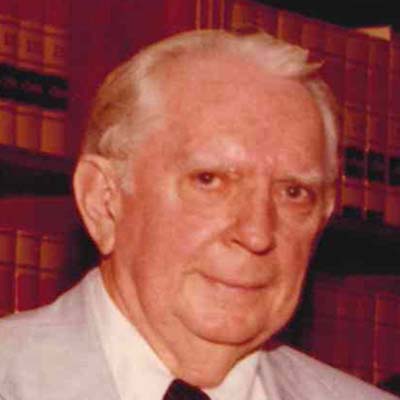William C. Keady

William Colbert Keady was a federal justice of the United States District Court for the Northern District of Mississippi. Born in 1913 in Greenville, Mississippi, Keady attended law school at Washington University in St. Louis, Missouri. His legal career began as a clerk in Greenville at the firm of Percy and Farish. Eventually, he was elected to the Mississippi State House of Representatives in 1940 and then to the Mississippi State Senate in 1944. He also served as a delegate to the 1940, 1944, and 1960 Democratic National Conventions.
In 1968, President Lyndon B. Johnson nominated Keady to the newly created seat on the U.S. District Court for the Northern District of Mississippi. Upon Senate confirmation, he served as Chief Judge until his death.
Keady ruled in cases dealing with a variety of issues including school desegregation, voting rights, racial and sexual bias in jury selection, and more. He issued a ruling that freed up millions of federal dollars for the completion of the Tenn-Tom Waterway, at that time the costliest interstate civil works project in United States history. He also ruled in favor of integrating schools in the North Mississippi, but he is most widely known for his role in the landmark 1972 prison reform case, Gates v. Collier, a class action lawsuit in which Keady found the inhumane and brutal segregated living and labor conditions of inmates at Mississippi’s infamous state penitentiary, Parchman, to be a civil rights violation of the Eighth Amendment and Fourteenth Amendments.
Keady and his wife, Dorothy, were the parents of two children. He died in Jackson in 1989 at the age of 76.
